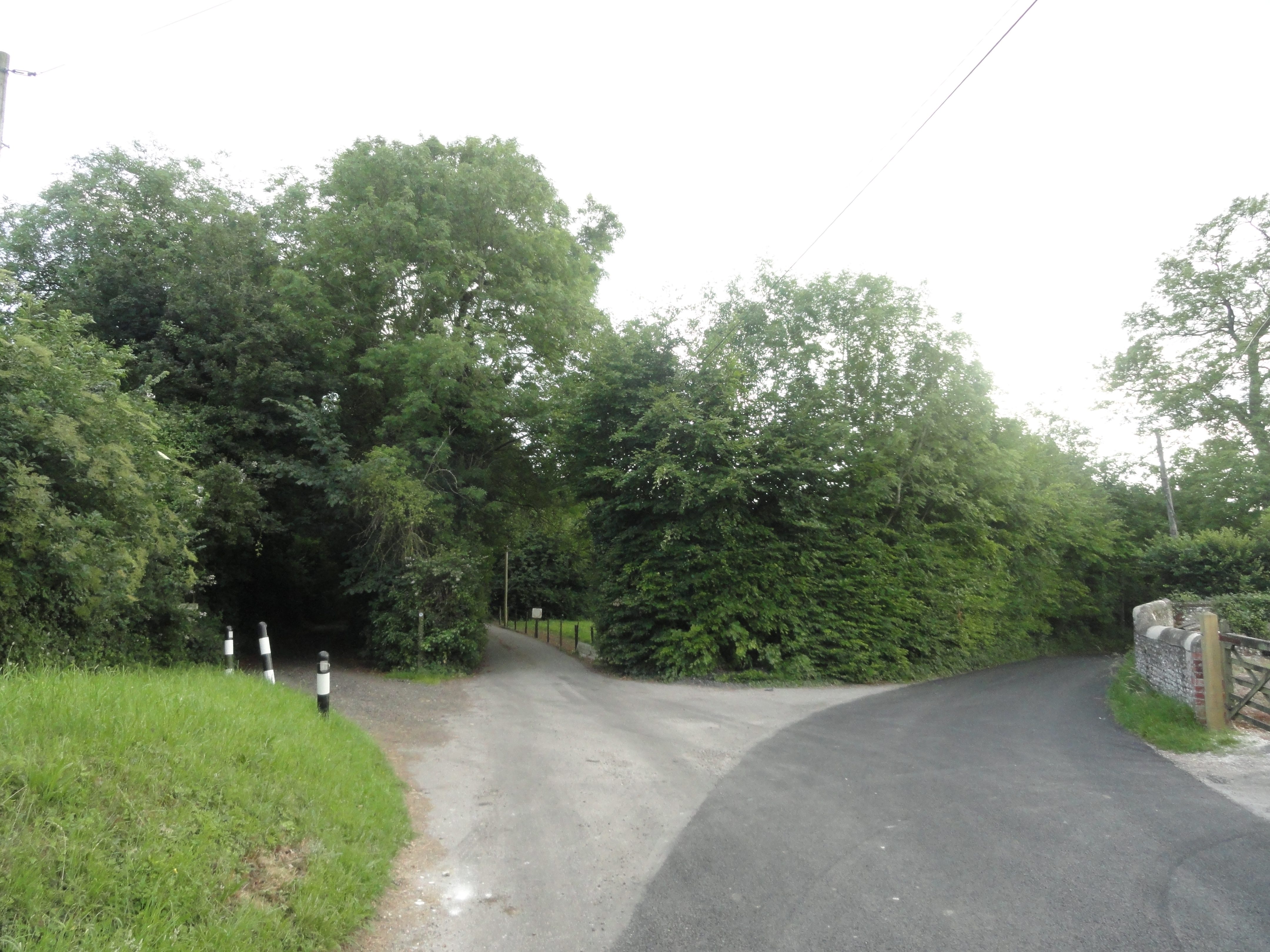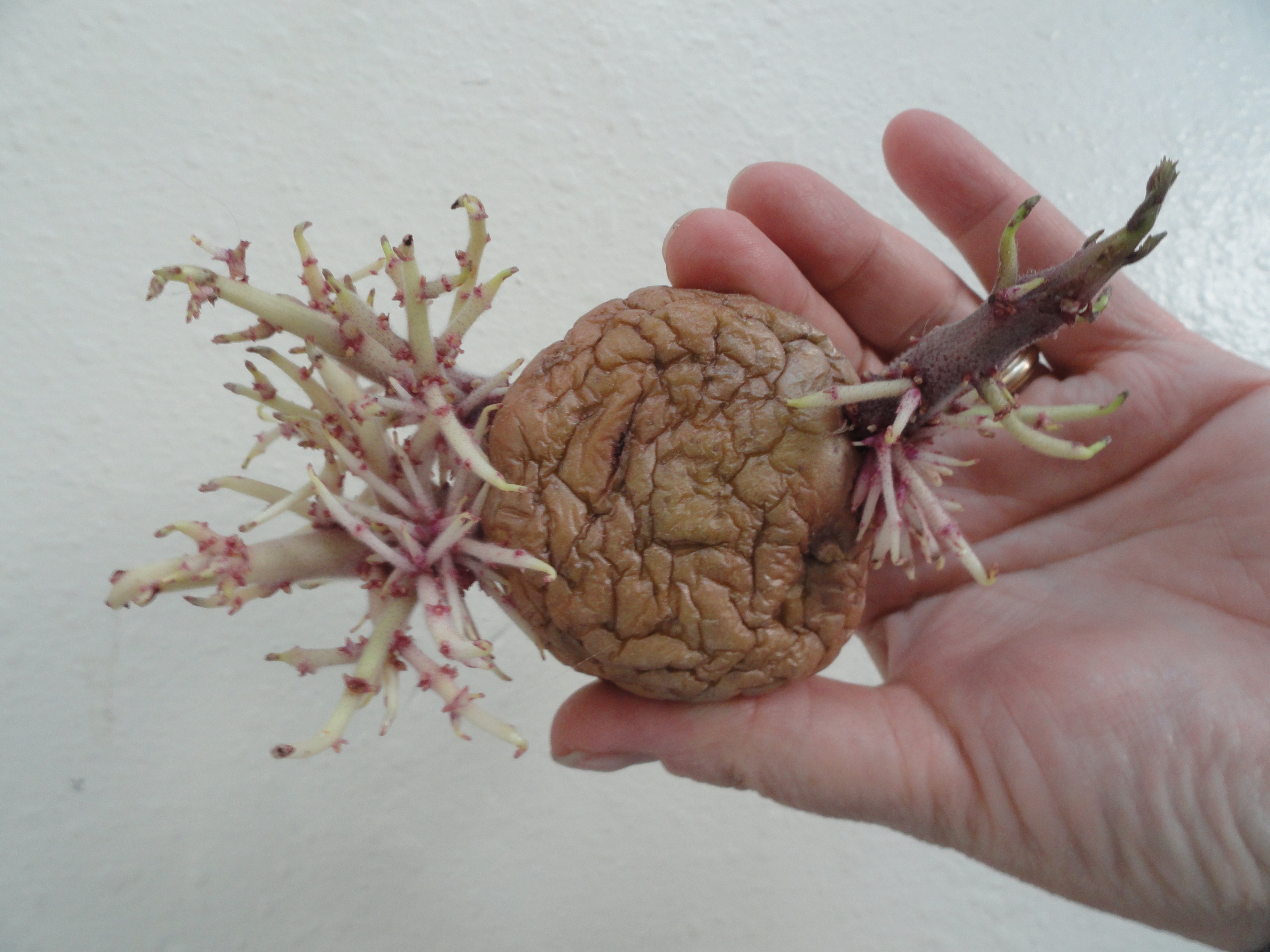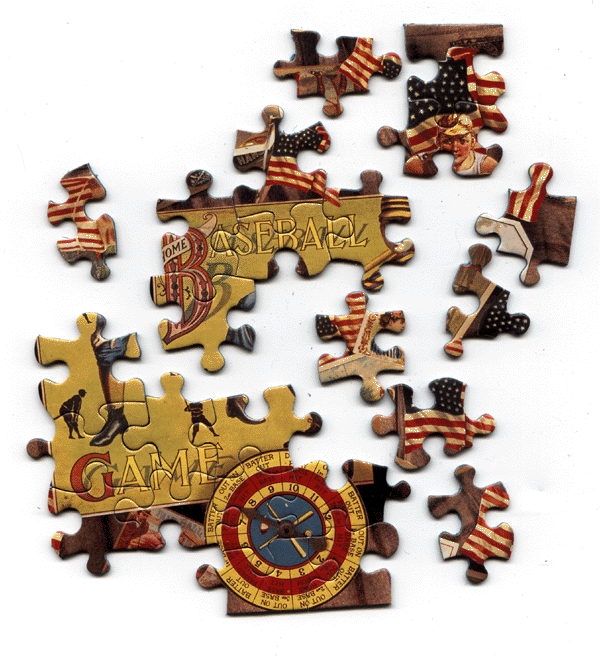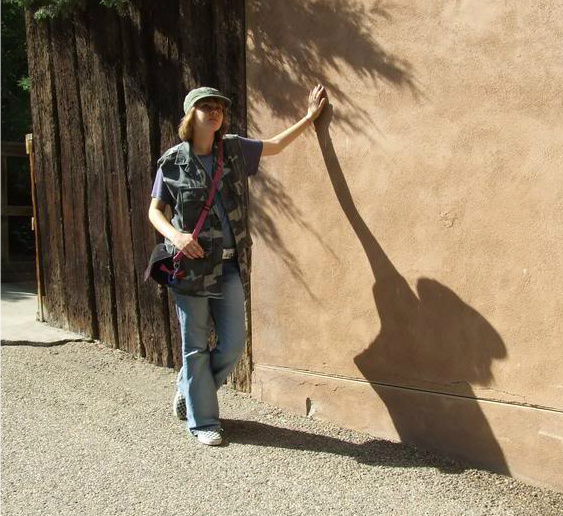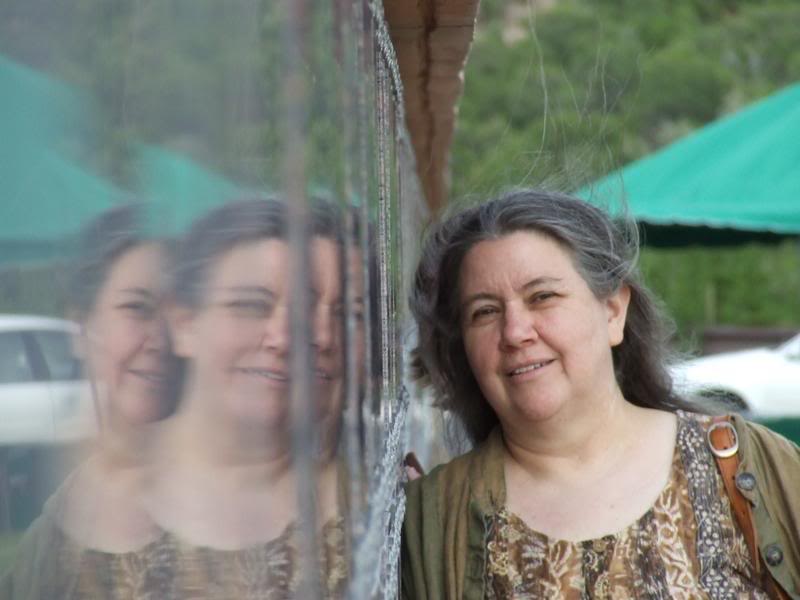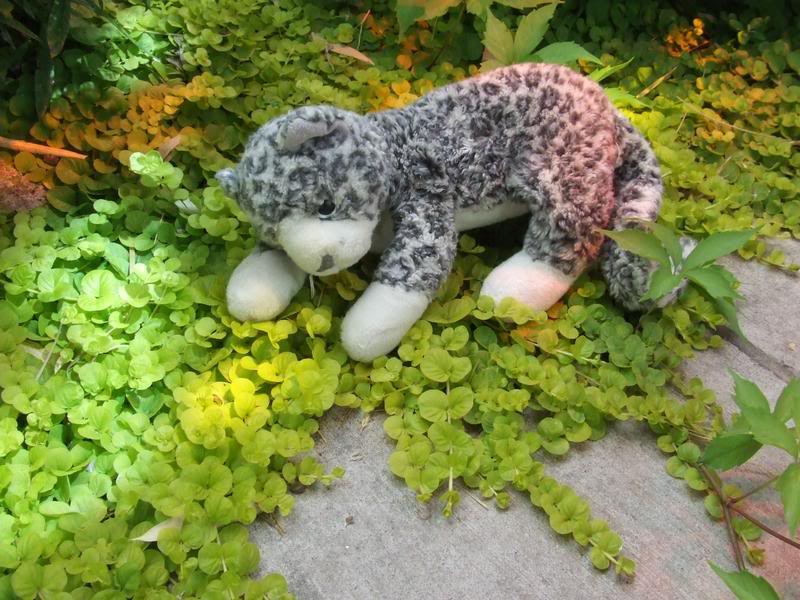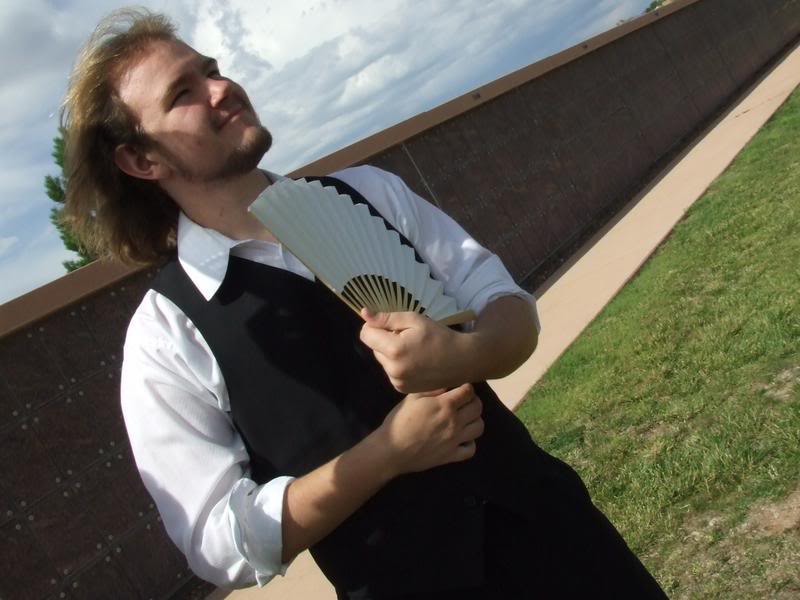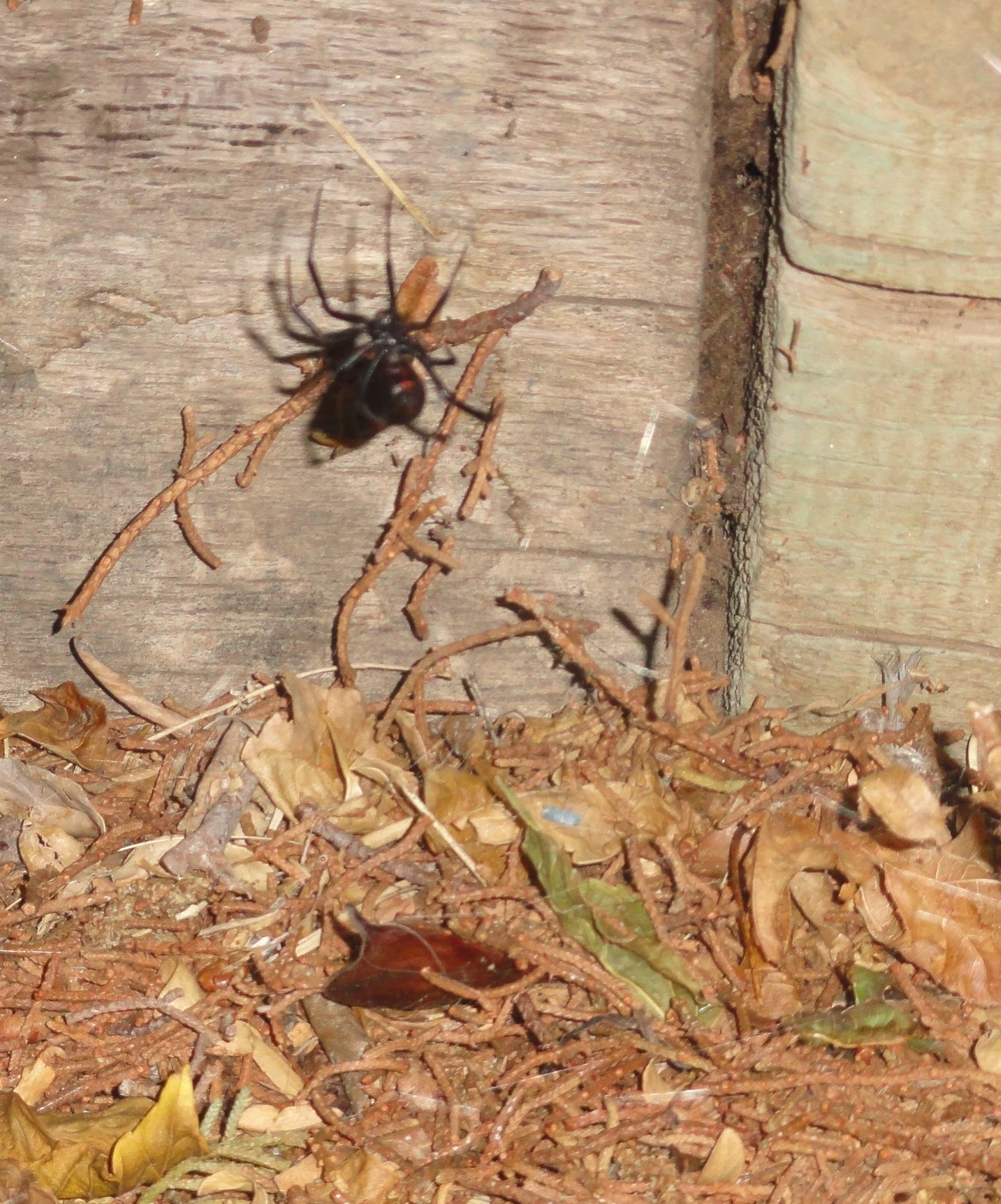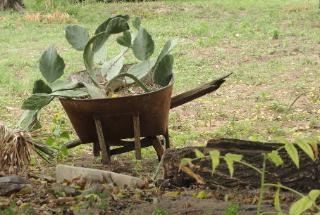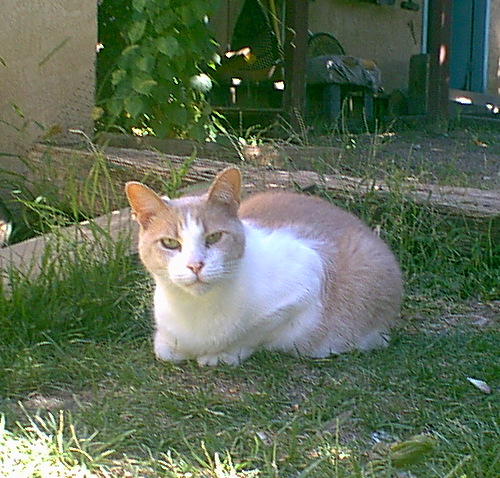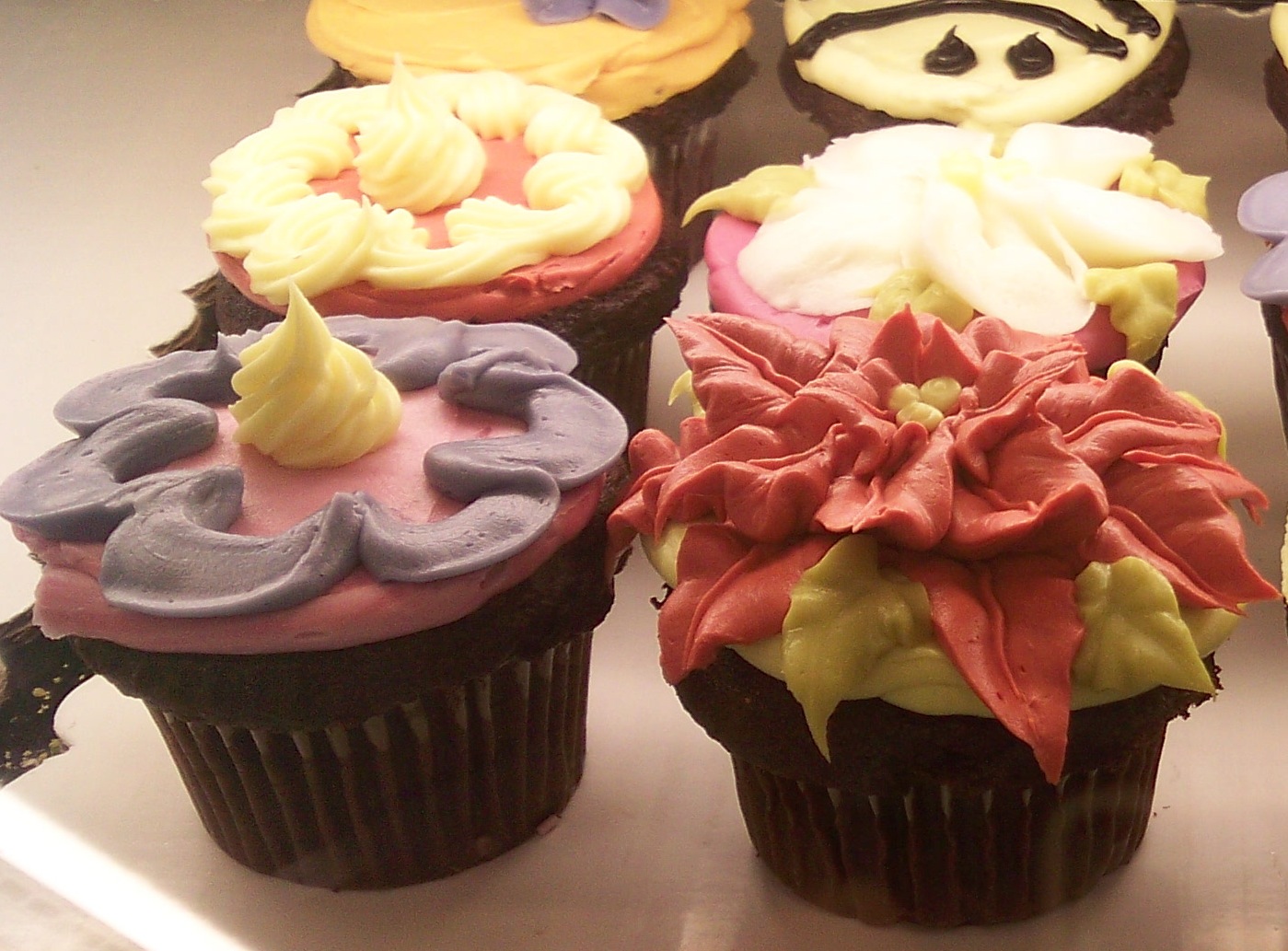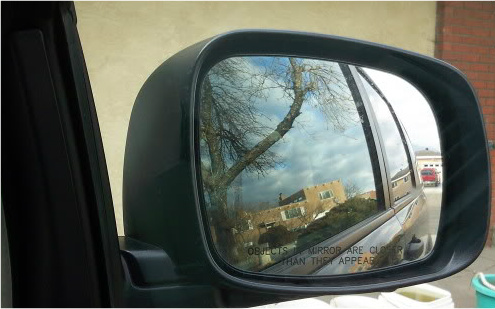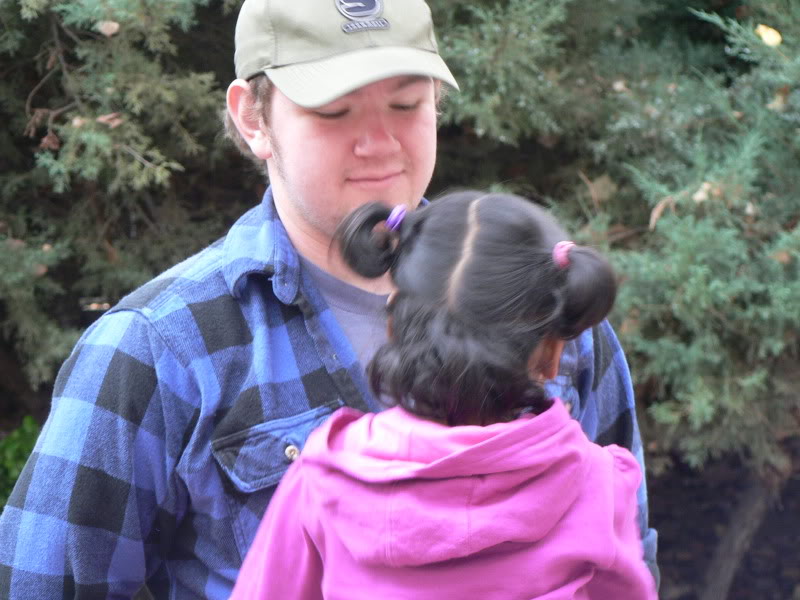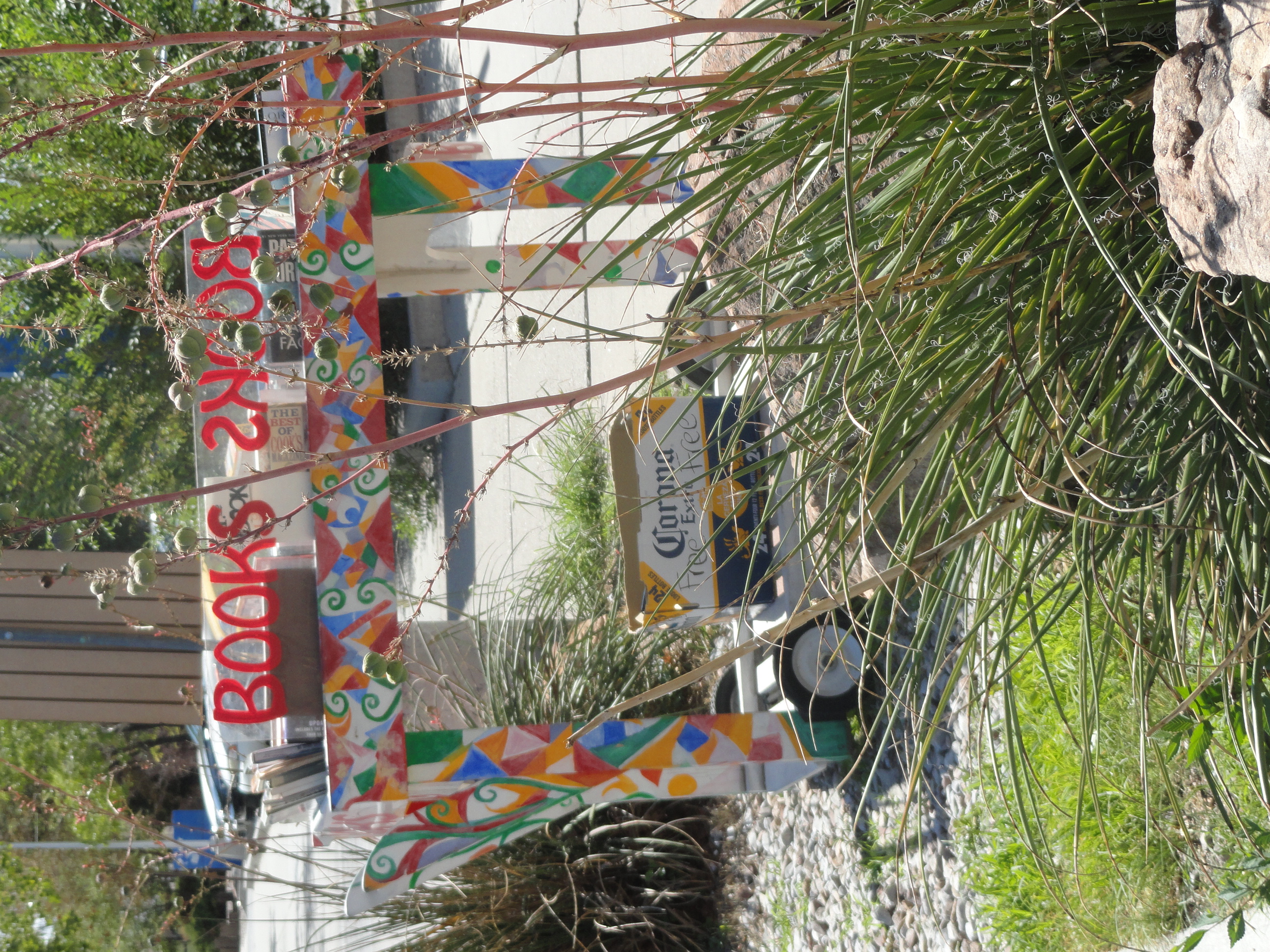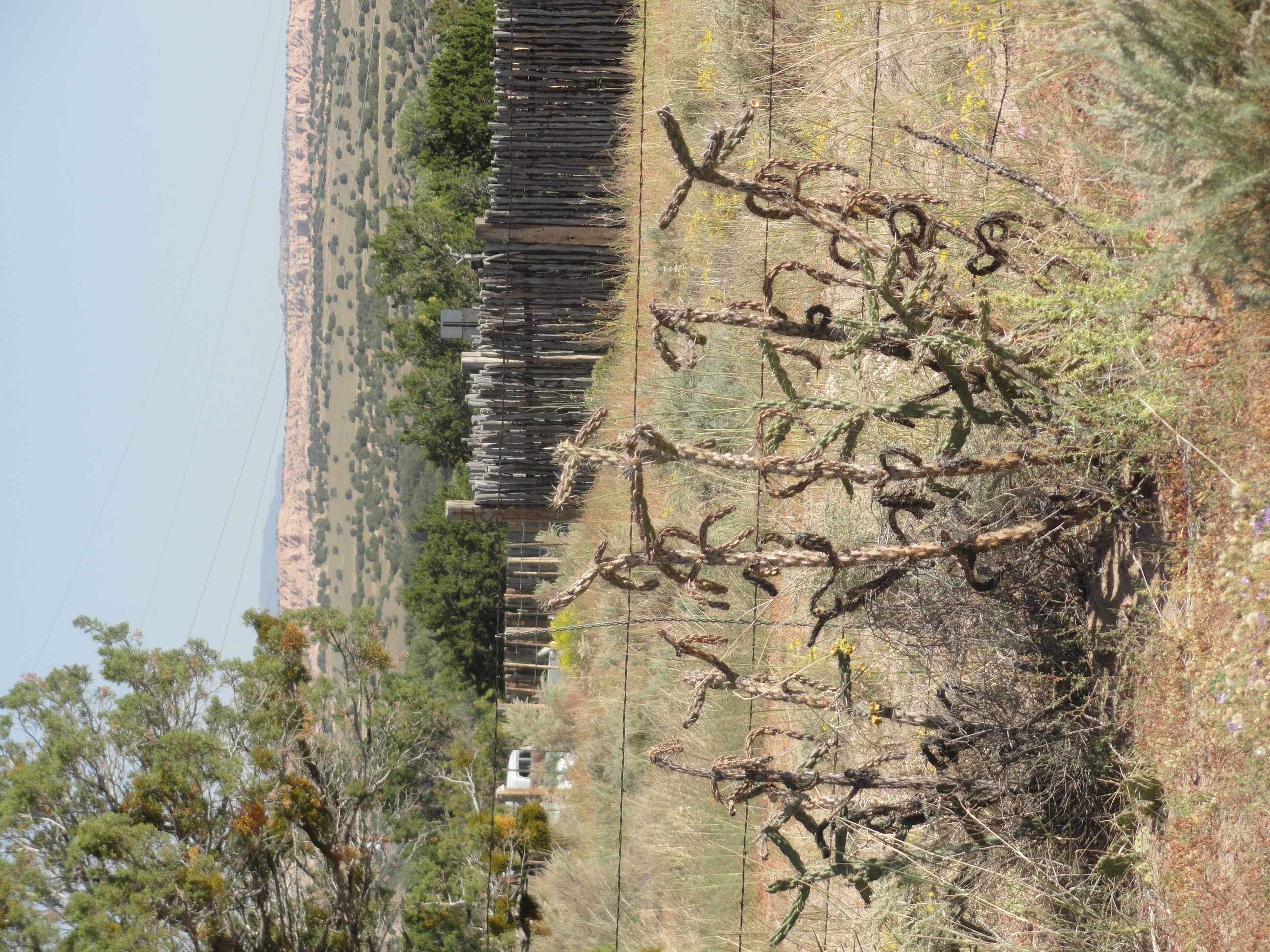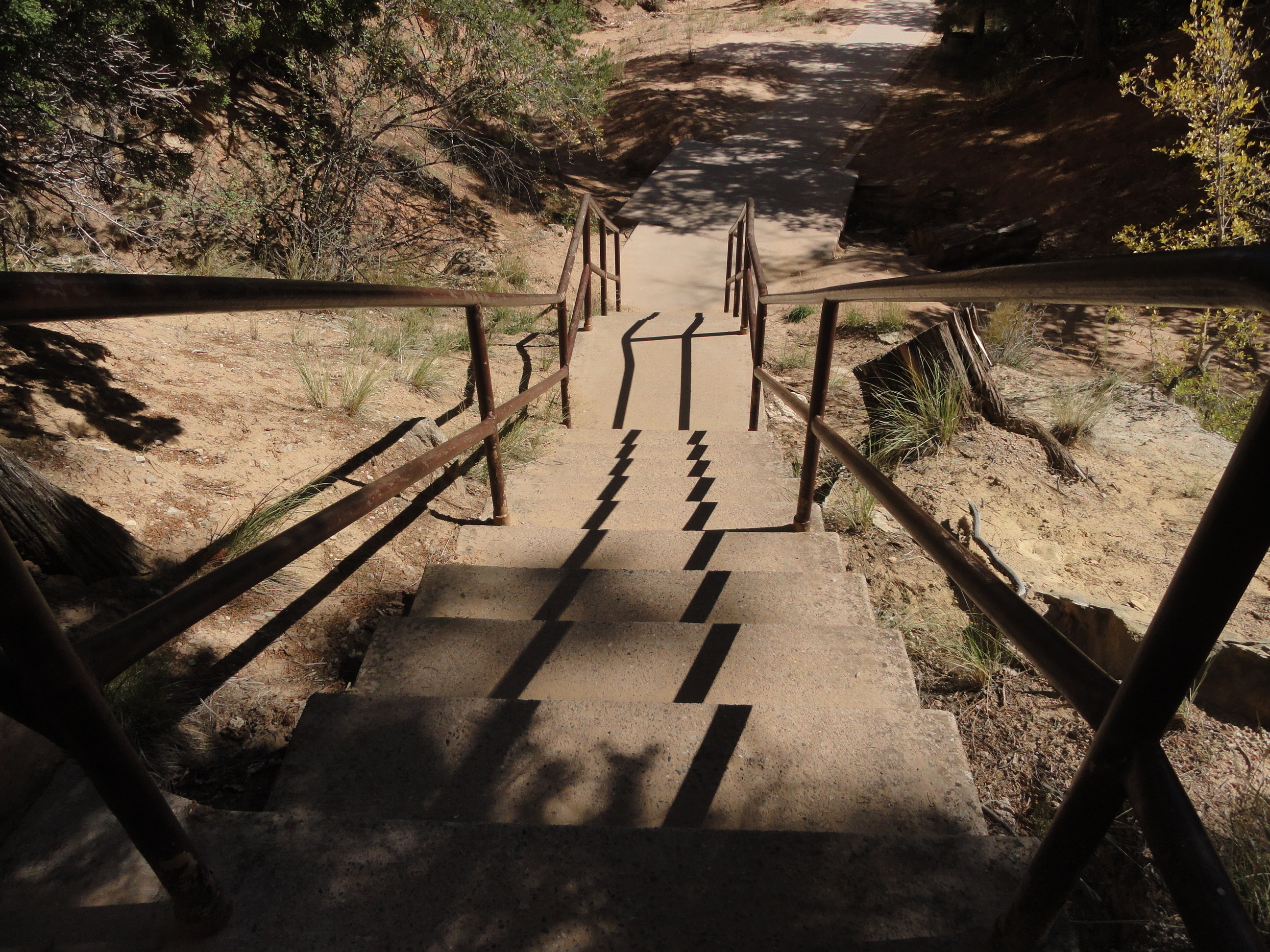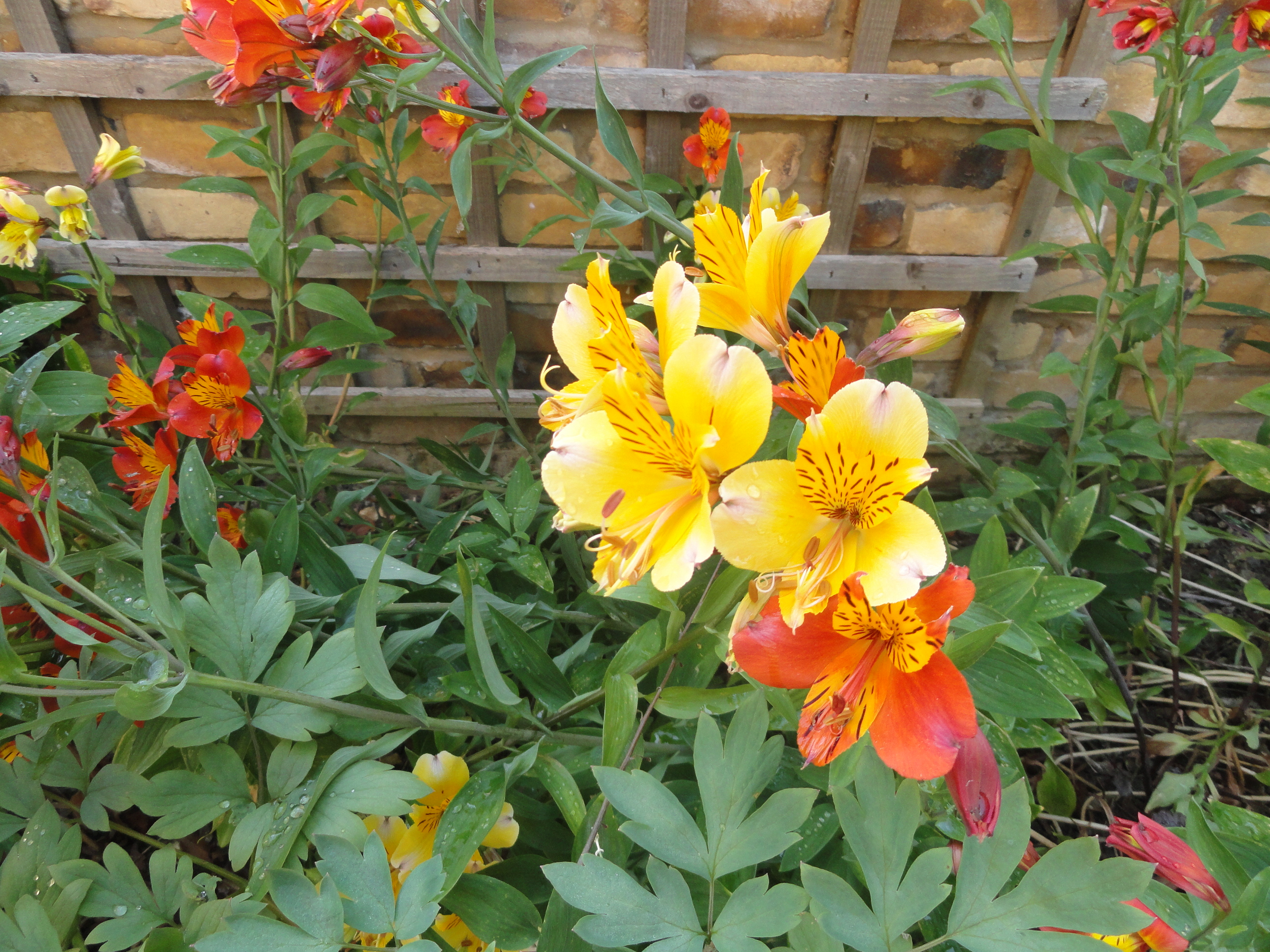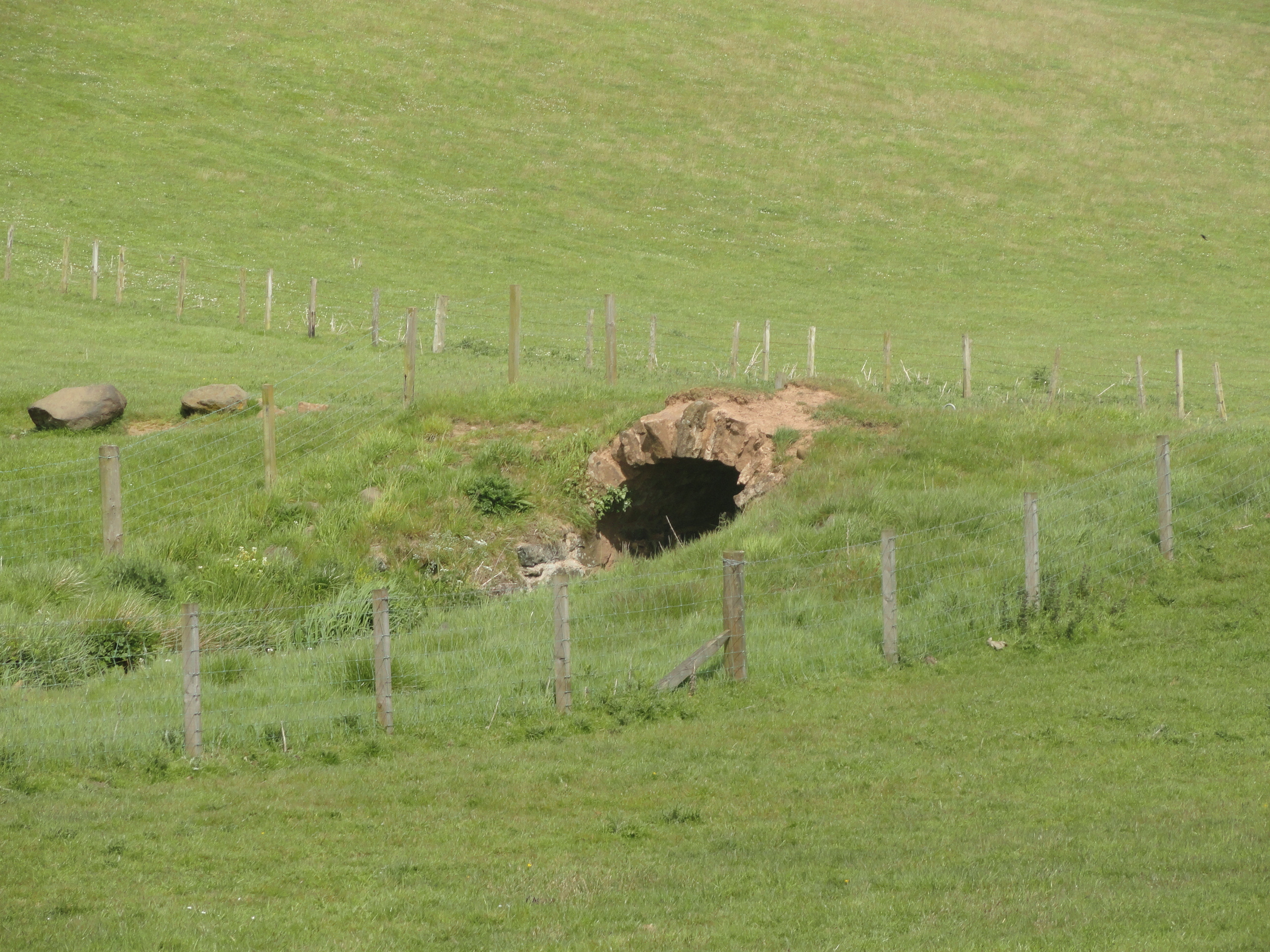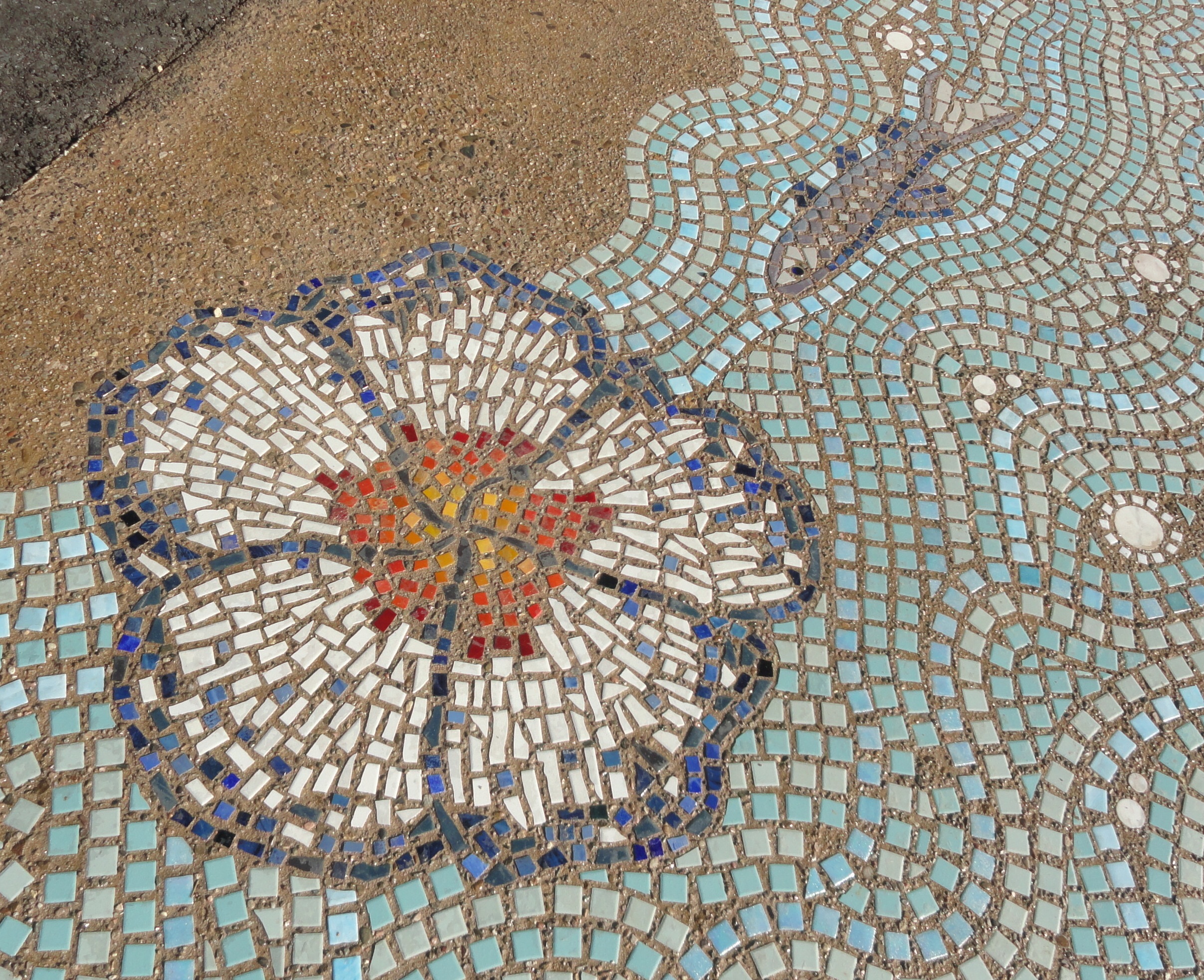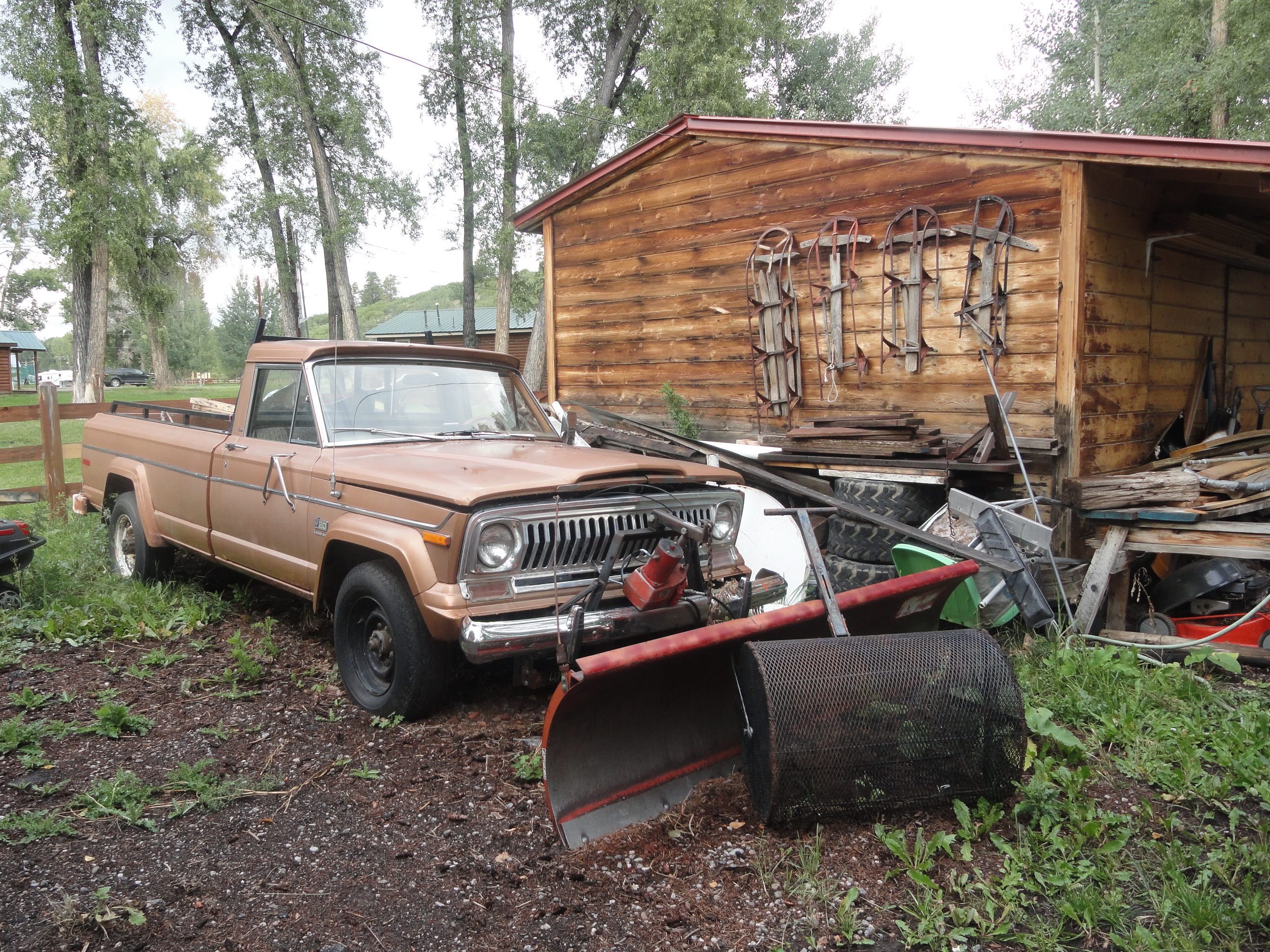
I still see "subject areas" everywhere, but I haven't taught those categories and prejudices to my children. Science has much more to do with history than geology has to do with microbiology, but in school geology, biology, astronomy and physics are all "the same thing," and history is different altogether. Yet the best parts of history involve the knowledge cultures had and how they put it to use, whether in shipbuilding or iron tool use, medicine or communications.
Holly asked yesterday about when people discovered the world wasn't flat. I told her there was no one date or century because people discovered different things at different times, and some were shushed up when they said the world was round, or that the sun didn't orbit around the earth. I also told her, "Ask your dad, because he's really interested in the history of science."
I noticed when I said it that I had "named subject areas," but I didn't feel too bad. She's twelve, and reading, and after all "the history of science" was never part of my schooling. A science teacher wasn't certified to teach me history, and vice versa. Only outside of school did I figure out that scientific discoveries were history, and that music was science, and that art was history.
School served to prevent connections for me, but I overcame that, with difficulty. It is a problem my children never had. If Animaniacs completed a circuit for them between Magellan and WWII, well it's a circuit school would never have completed for me under any circumstances. If learning for fun creates more connections than "serious learning" did, I can no longer look at "serious learning" seriously.
The School in my Head, 2004
photo by Sandra Dodd
__
